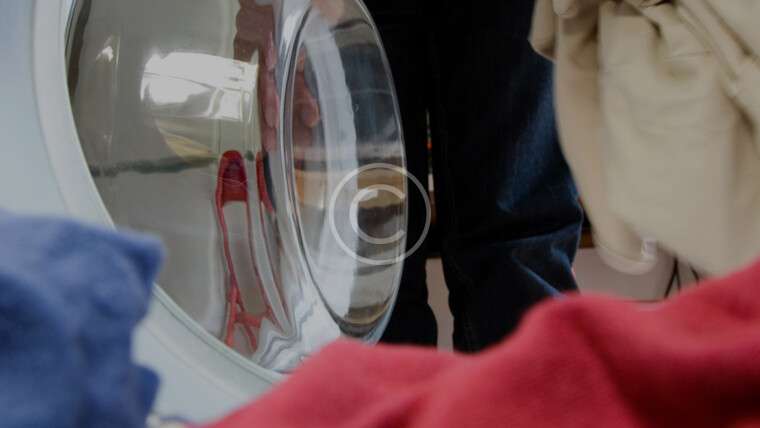Culturally Sensitive Care
What can a nurse do to make life in the hospital more culture-specific for an Amish client?
To make life in the hospital more culture-specific for an Amish client, a nurse can take the following steps:
- Respect Religious Beliefs:
- Modesty: Ensure that hospital gowns and other attire maintain the patient’s modesty, as the Amish community places high importance on modest dress.
- Sabbath and Worship: Be mindful of the Sabbath (Sunday) and facilitate any requirements for worship or prayer. Ensure that religious practices are respected and accommodated.
- Communication and Trust:
- Language and Understanding: Speak in clear, simple language, and if possible, use a translator if there are language barriers (e.g., Pennsylvania Dutch). Understanding their dialect and communication style helps build trust.
- Respect for Elders and Community Leaders: Involve the patient’s family and community leaders in discussions about medical decisions, respecting their hierarchical and communal decision-making processes…
To make life in the hospital more culture-specific for an Amish client, a nurse can take the following steps:
- Respect Religious Beliefs:
- Modesty: Ensure that hospital gowns and other attire maintain the patient’s modesty, as the Amish community places high importance on modest dress.
- Sabbath and Worship: Be mindful of the Sabbath (Sunday) and facilitate any requirements for worship or prayer. Ensure that religious practices are respected and accommodated.
To make life in the hospital more culture-specific for an Amish client, a nurse can take the following steps:
- Respect Religious Beliefs:
- Modesty: Ensure that hospital gowns and other attire maintain the patient’s modesty, as the Amish community places high importance on modest dress.
- Sabbath and Worship: Be mindful of the Sabbath (Sunday) and facilitate any requirements for worship or prayer. Ensure that religious practices are respected and accommodated.
- Communication and Trust:
- Language and Understanding: Speak in clear, simple language, and if possible, use a translator if there are language barriers (e.g., Pennsylvania Dutch). Understanding their dialect and communication style helps build trust. Culturally Sensitive Care
- Respect for Elders and Community Leaders: Involve the patient’s family and community leaders in discussions about medical decisions, respecting their hierarchical and communal decision-making processes…



